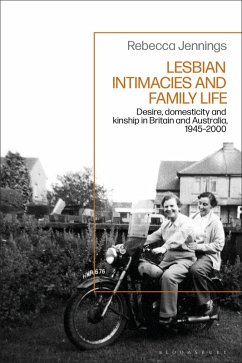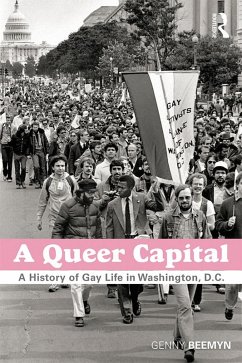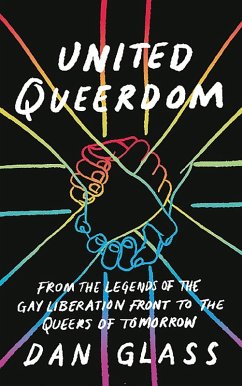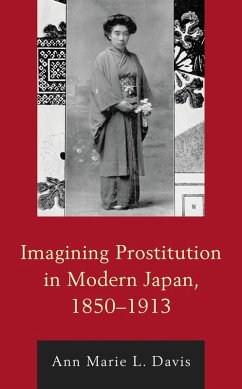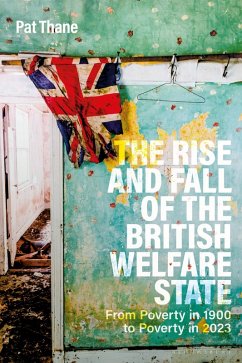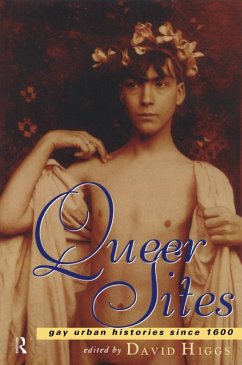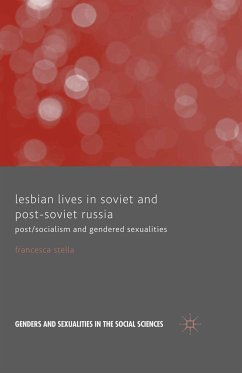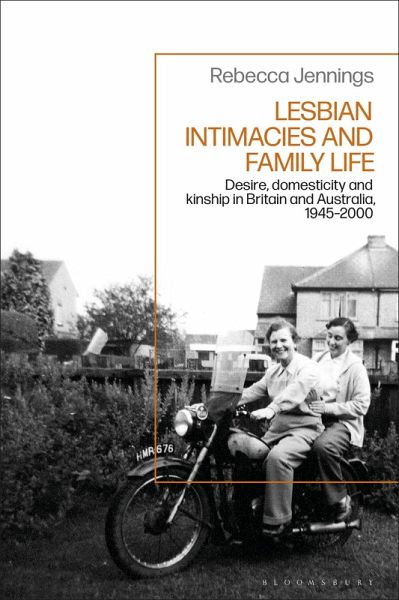
Lesbian Intimacies and Family Life (eBook, PDF)
Desire, domesticity and kinship in Britain and Australia, 1945-2000
Versandkostenfrei!
Sofort per Download lieferbar
70,95 €
inkl. MwSt.
Weitere Ausgaben:

PAYBACK Punkte
35 °P sammeln!
Focusing on patterns of intimacy, this book traces the historical roots of parenting practices and familial patterns constructed by lesbians and same-sex attracted women living in Britain and Australia between 1945 and 2000. It foregrounds women's unique lived experiences, as they expressed desire, fell in love, and created families against the backdrop of changing cultural, legal, and medical attitudes to female same-sex desire in the late 20th century. Including almost 100 original oral history interviews conducted by the author, Lesbian Intimacies and Family Life reveals the subjective hist...
Focusing on patterns of intimacy, this book traces the historical roots of parenting practices and familial patterns constructed by lesbians and same-sex attracted women living in Britain and Australia between 1945 and 2000. It foregrounds women's unique lived experiences, as they expressed desire, fell in love, and created families against the backdrop of changing cultural, legal, and medical attitudes to female same-sex desire in the late 20th century. Including almost 100 original oral history interviews conducted by the author, Lesbian Intimacies and Family Life reveals the subjective histories of lesbian intimacy during the period, both highlighting the huge variety in women's experiences, and tracing shifting patterns of relationship and family formation. Combined with analysis of representations of lesbian intimacy in literature, press articles, medical texts, and archival material, the book demonstrates the ways in which changing political and cultural concepts of sexuality impacted on individual and collective attitudes. With a unique transnational perspective, Jennings uncovers how feminist and lesbian networks between Britain and Australia promoted knowledge sharing and helped foster change in the familial practices of each country - such as through the adoption of reproductive technologies and alternate routes into motherhood. Through considering the rise of divorce and challenges to traditional marriage practices in the period, this book highlights how lesbian relationships provided alternative models of interpersonal relations, impacting on broader patterns of sexuality, and helping redefine notions of the family in the modern era.




